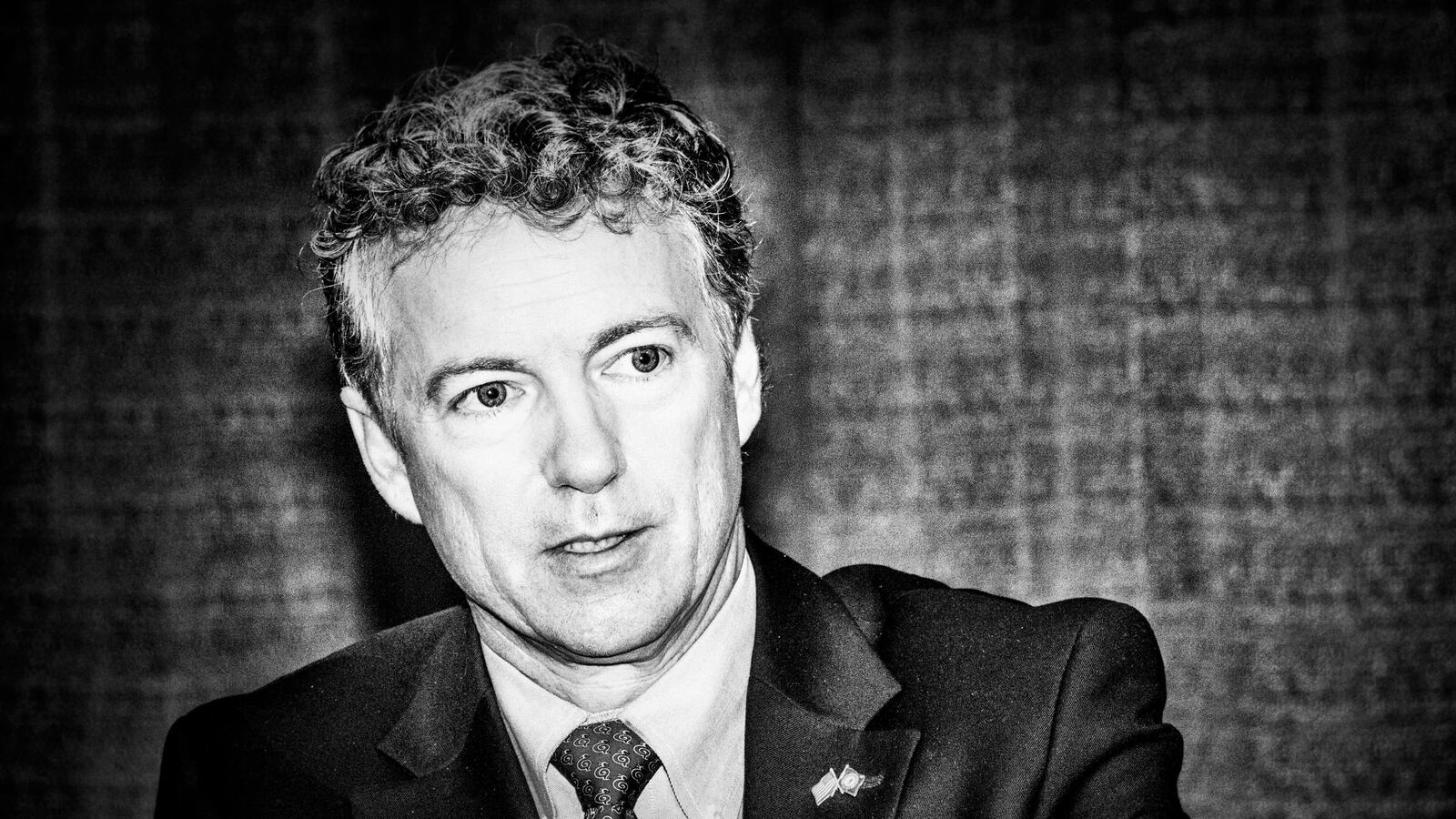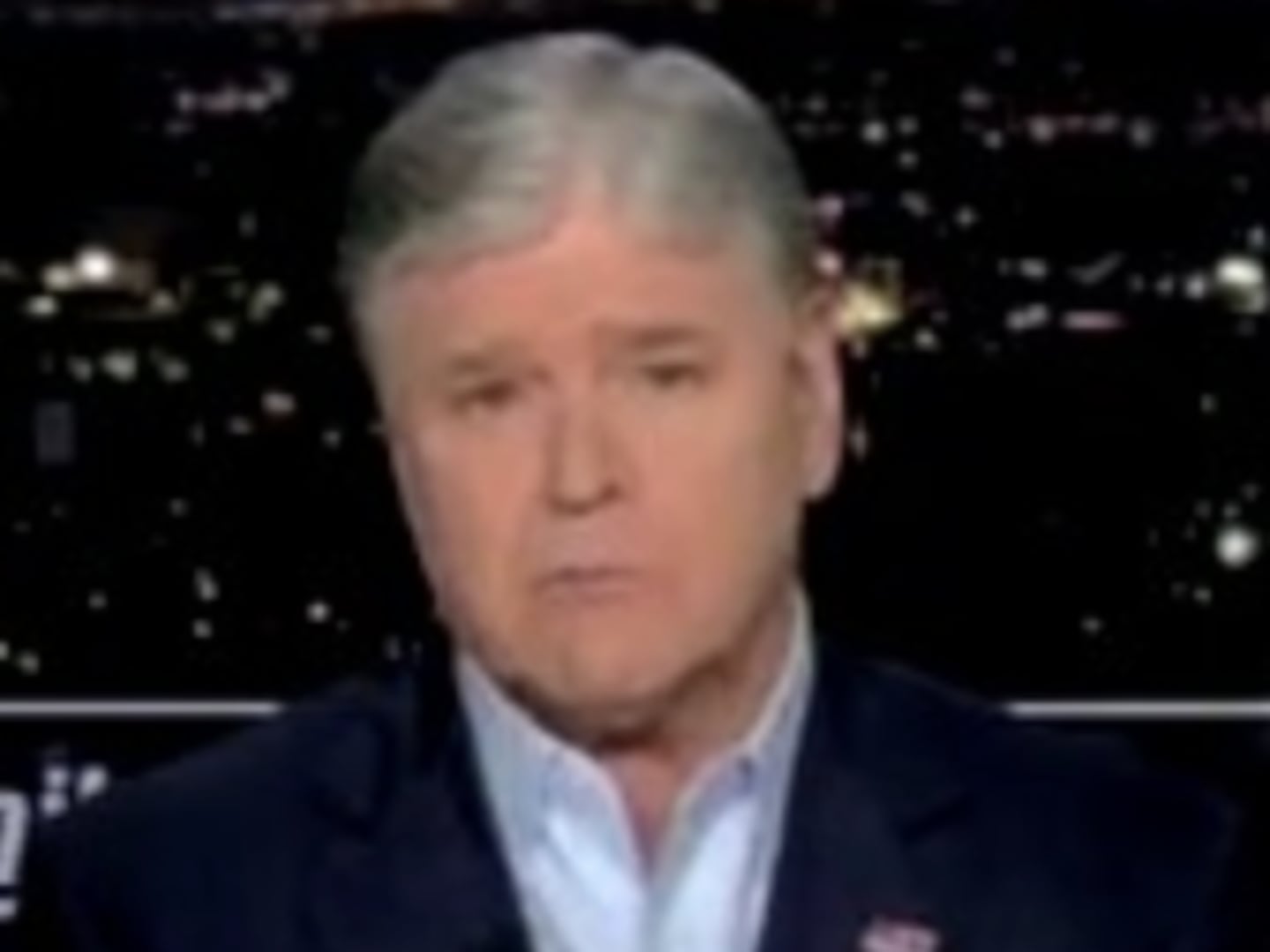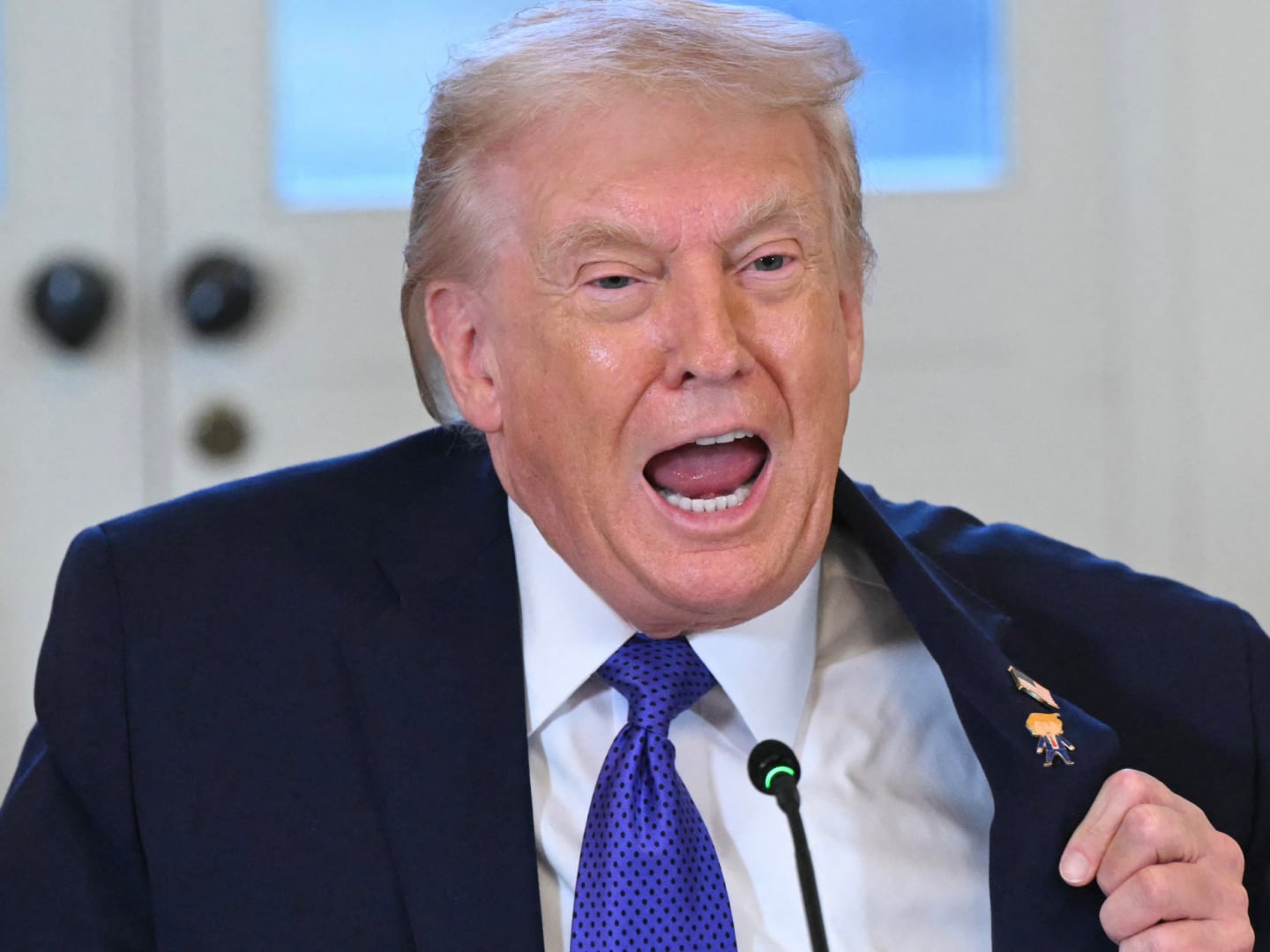Even if Rand Paul does not end up winning the GOP nomination for president, he is still providing a useful service to the Republican Party.
That’s because Paul, with his heterodox views on the uses of American power and the wisdom of foreign interventionism, has emerged has the first foil for would-be 2016 contenders, most of whom lack substantial foreign policy experience and so are anxious to flex their muscles on the matter.
Taking his opportunity Friday, Rick Perry took to the op-ed pages of The Washington Post to lambaste the Kentucky senator’s supposed isolation, accusing him of suggesting “that our nation should ignore what’s happening in Iraq” and of being “curiously blind” to the threat an Islamist takeover of Iraq would pose.
On Monday, Paul hit back in kind in his own op-ed in Politico magazine, accusing the Texas governor of writing “a fictionalized account of my foreign policy so mischaracterizing my views that I wonder if he’s really read any of my policy papers” and, for good measure, mocking Perry’s recently acquired taste in designer eyewear:
“[A]pparently his new glasses haven’t altered his perception of the world, or allowed him to see it any more clearly.”
Under most circumstances, the Paul-Perry dust-up, coming 2 1/2 years before a presidential election, would be extraordinary: a sitting governor and would-be candidate taking to the pages of a left-leaning national newspaper to criticize a fellow would-be candidate for being too left-leaning.
But it has become a common occurrence for Paul, who has found himself a regular target of criticism over the last couple of years. The GOP’s 2008 presidential nominee, John McCain, has regularly accused his Senate colleague of seeking to pull up the drawbridge around America’s shores and has said he would be undecided if the 2016 election came down to Paul and Hillary Clinton. Paul’s fellow potential presidential candidates also have not been shy about getting their shots in early on him, Ronald Reagan’s famous 11th Commandment (“Thou Shall Not Criticize a Fellow Republican”) notwithstanding.
Former United Nations ambassador John Bolton said earlier this year that Paul’s position on keeping Iran from getting a nuclear weapon was “incoherent” and said without apparent irony that the Gipper “would be rolling in his grave” to hear Paul cite him as model. Long Island Rep. Peter King has said he is thinking of running for president merely to keep Paul as far away from the presidency as possible.
“The reason I am a Republican is that I believe in a strong national defense,” King told The Daily Beast. “He goes against my core beliefs, and it just strikes a hostile chord. It is the ‘blame America’ attitude we see from what we used to call ‘San Francisco Democrats’—but coming from someone who is supposed to be a leader of our party. He sounds like he could be George McGovern’s running mate.”
Paul makes a particularly ripe target In the early days of a presidential campaign, Republican strategists say, because though he comes out of the Tea Party wing of the party and wants to shrink the size of the federal government dramatically, many of his views are more commonly associated with the Democratic Party. And that is true not just on foreign policy but also on drug laws, sentencing reform, and voting rights. Plus, those views remind voters of his father, former congressman and perennial presidential aspirant Ron Paul, who despite solid support from the committed Paulites was a protest candidate. Paul the Younger, by contrast, is a much more mainstream figure, and someone nimble enough to avoid being tarred as a committed Libertarian.
“They are trying to confuse the public that Rand is his father,” said Doug Wead, a former official in the George H.W. Bush administration who is close to the Pauls. “But if fathers determined who got elected president, we would never have elected John Kennedy or Ronald Reagan or Bill Clinton or Abraham Lincoln or Barack Obama, for that matter.”
Although many of Paul’s views poll well, Republican strategists do not think they are as popular among the base of the Republican Party, where calls of “soft on defense” can doom a presidential aspirant. And if that is true among the grassroots, it is even more true among the big money men and women who can bankroll presidential campaigns in the post Citizens United-era.
“This whole thing comes down to one Nevada billionaire,” said Rick Wilson, a GOP strategist who worked on Rudy Giuliani’s 2008 presidential campaign. “This is the Sheldon Adelson primary playing out. [Perry] is drawing a distinction between two very different visions of the party.”
Adelson, a casino magnate, helped bankroll Newt Gingrich’s and later Mitt Romney’s 2012 presidential run, and is a fervent supporter of Israel. Hence the persistent line of attack on Paul that his lack of support for beefing up the American military would endanger the Jewish state.
To Paul’s aides and supporters, all of this noise is nonsense, merely the work of an old guard using the Kentucky senator’s star power to stay relevant. 2004 was 10 years ago, in other words, and this ain’t your older brother’s Republican Party.
“Ten years ago the right of the party was the hawkish part of the party. That has changed,” said Doug Stafford, a former Paul chief of staff who now runs a Paul super PAC. “The base, the Tea Party, conservatives see the overreach and costs, and they don’t want endless foreign interventions, and good luck running for president out of step with the right of the party.”
And Paul’s fans note that all the criticism the senator attracts must mean he is doing something right. They point to a recent Zogby poll that showed him leading the rest of the field, even besting the better-known Jeb Bush.
“He is pulling away, so they have to start attacking him,” said Wead. “I think there is a little bit of panic setting in.”






